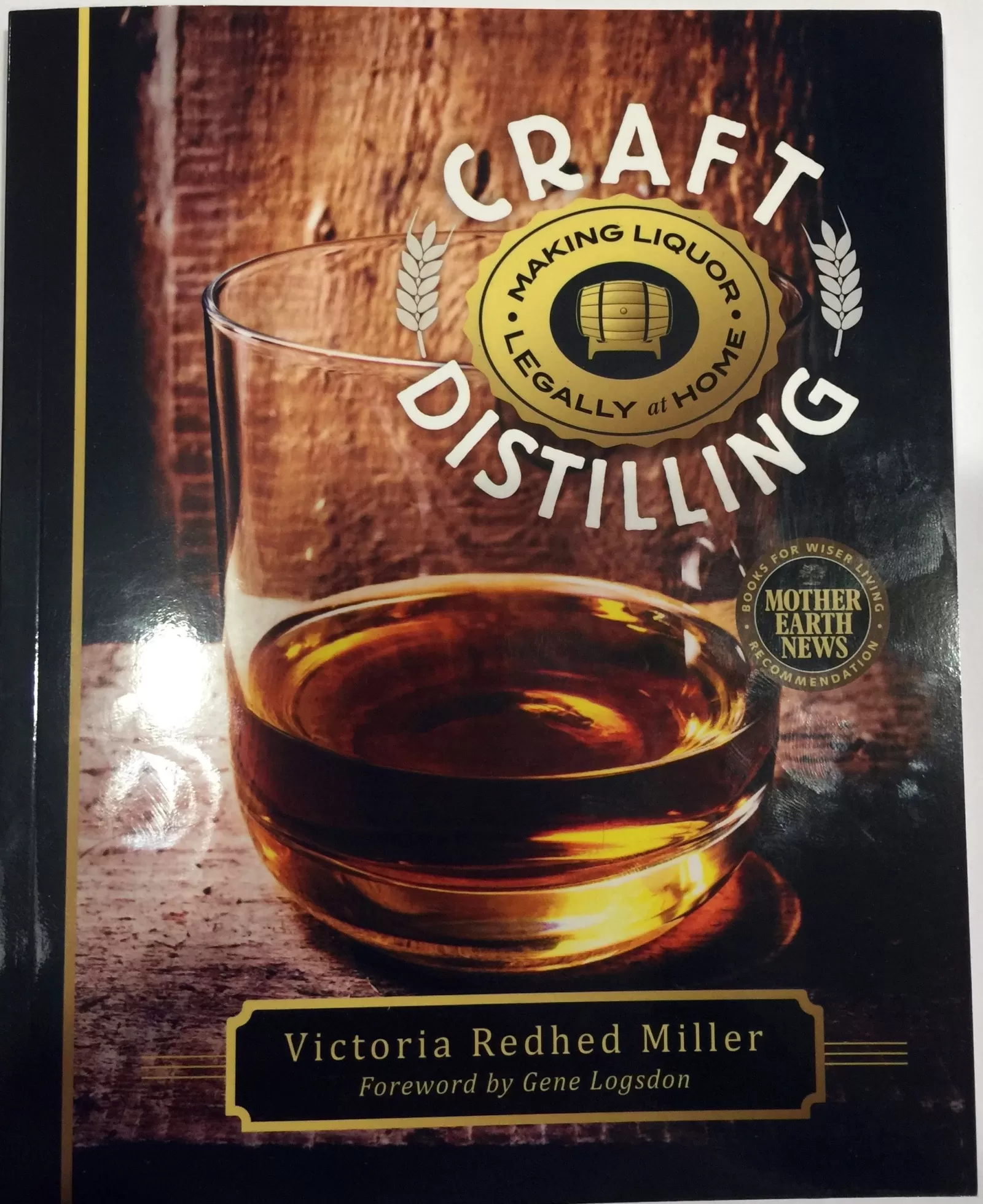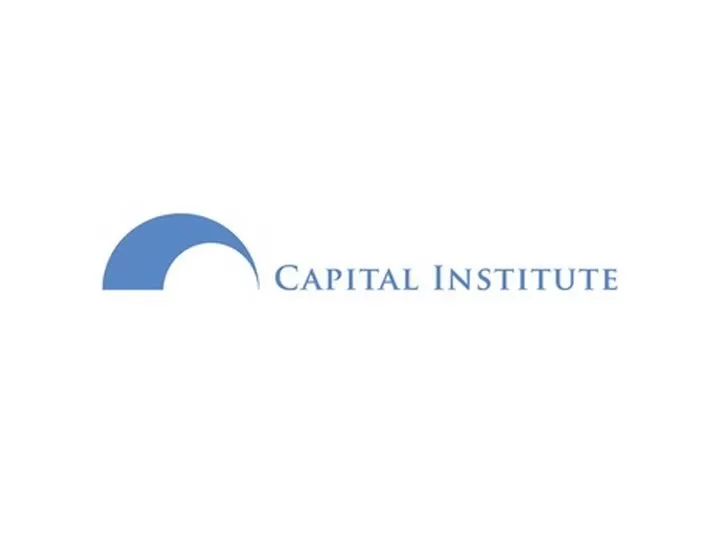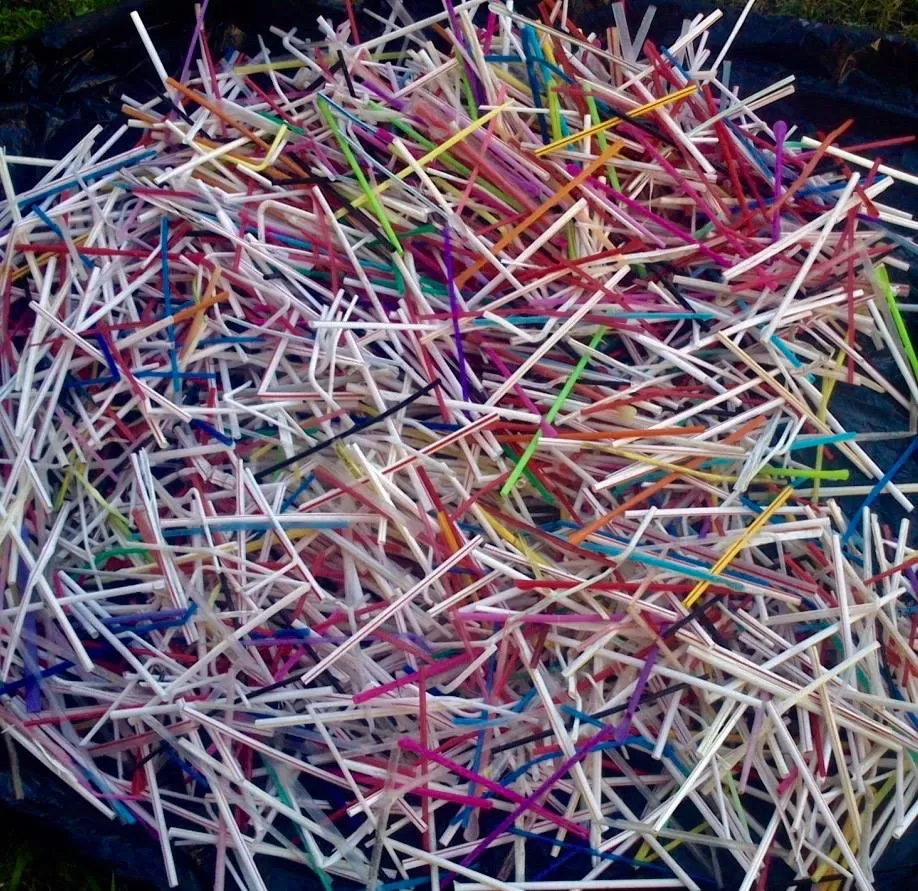Victoria Redhed Miller - The Art of Craft Distilling

Along the way she tells us about the process of distilling, including watching for our heads, hearts, and tails; the poisonous compounds found and concentrated in distilled alcohol we need to look out for; equipment every distiller should own to keep them and their final product safe; and why we should think twice about making sugar-shine.
Find out more about Victoria and her work at victoriahedheadmiller.com, and her books from New Society Publishers at newsociety.com.
If you’re interested in making booze at home, after listening to our first episode together on the legality of this practice and deciding it is worth the concern, I highly recommend her book, Craft Distilling, as you can learn all you need from Victoria’s hands-on, experience-based approach. If you want to learn more about making beer, wine, or mead as the basis for your at-home still runs, I recommend the following books from my days as a brewer, vintner, and mead maker. The first of those is Charlie Papazian’s classic The Complete Joy of Homebrewing. This will tell you just about everything, and I do mean everything, about making beer. From there, on the wine side, one of the favorites that got me started is The Foxfire Book of Winemaking, filled with memories and recipes for wines, juices, and punches based on the traditions of the region I call home, Appalachia. Finally, when it comes to making mead, though I like The Complete Meadmaker and several others, my go-to is Jereme Zimmerman’s Make Mead Like a Viking. He’ll have you wild fermenting honey in no time, and after a night of drinking with Jereme before an event can say that a honey-based gin is a delightful thing.
At this point, I would like to offer an update in my comment about methanol and damaging the optic nerve. The amount required to do so is 10ml or about 2 teaspoons. To me, that’s not much, but looking into it further the risk of creating and consuming methanol in that quantity from a single batch of alcohol is unlikely. The issue increases, however, through multiple distillations as we combine and concentrate larger amounts of alcohol. Play it safe, use the alcohol refractometer, and make sure you separate your heads, hearts, and tails.
What did you think of this episode? Did you learn something new? Are you interested in brewing beer or setting up a still? Leave a comment below.
Resources
Victoria Redhed Miller
Craft Distilling
From No-Knead to Sourdough
New Society Publishers
The Legality of Craft Distilling (Our First Interview)
The Complete Joy of Homebrewing
The Foxfire Book of Winemaking
Make Mead Like a Viking
















